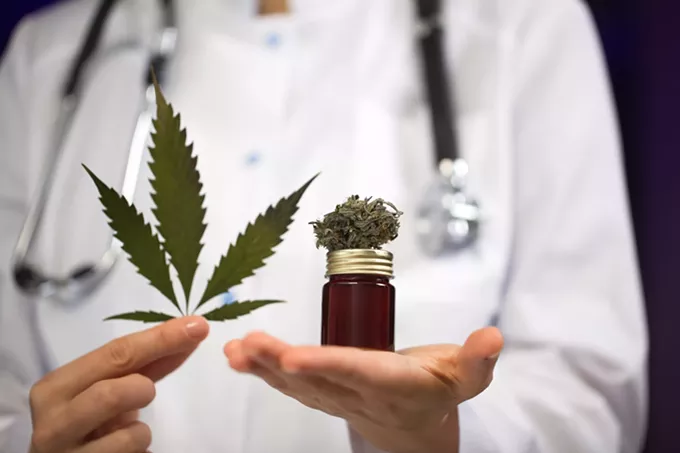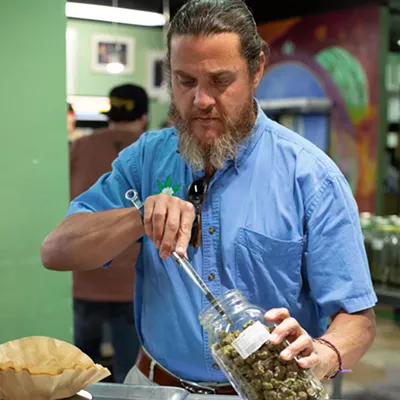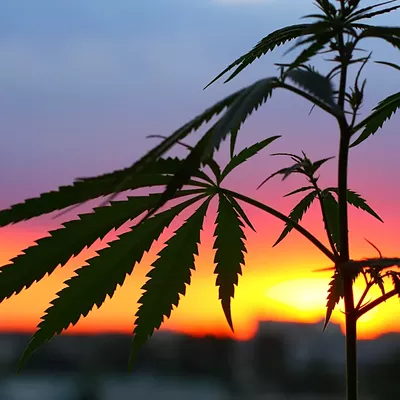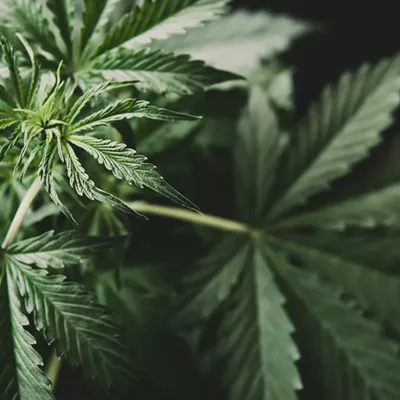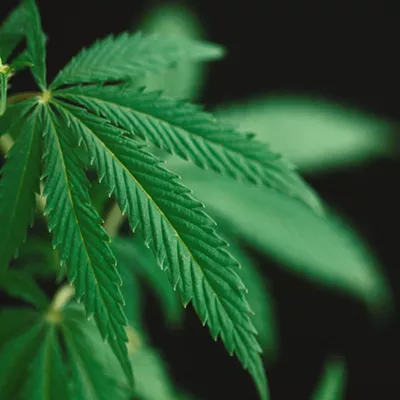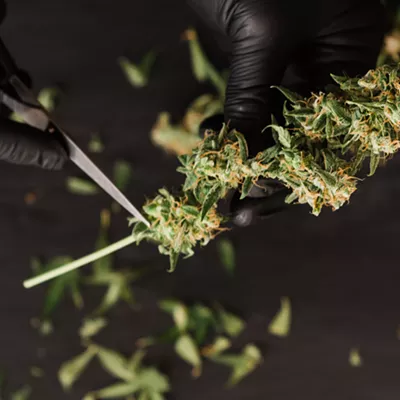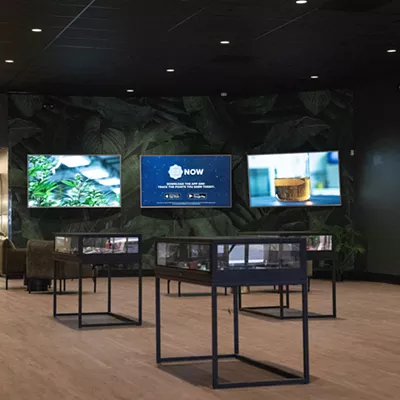In Arizona, our medical marijuana program got its start via voter initiative.
Proposition 203 was passed by voters in 2010. Arizona voters also passed a medical marijuana law in 1996, but the law was not implemented due to the conflict with federal laws. This slap to the face of democracy led to voters passing the Voter Protection Act in 2000. As its name suggests, this law prevents the state legislature or governor from blocking implementation of voter-enacted legislation.
A decade later, we passed the Smart and Safe Arizona Act to create a recreational marijuana program.
Since 2020, many would-be medical marijuana patients have chosen to forgo the opportunity to have a medical card and simply buy the products sold under the recreational rules and to pay the associated excise taxes.
This taxation issue is a big one in the modern cannabis industry. Taxes that are too high — no pun intended — allow for a robust black market and additionally a gray market that borrows legal protections from state legal licensure and regulations and uses them as a cover for illegal enterprise.
Let’s circle back to that Arizona excise tax, which sits at 16%. This is paid in addition to your local sales tax, which in Tucson is 8.7%. That’s a total of almost 25% tax.
The cost of an Arizona medical marijuana card is about $250; $150 goes to the state health department, and certification centers are charging about $100 for their services. The card, once received, is good for two years. To save $250 by paying the lower tax rate, a consumer would have to spend $1,562.40. That is $65 a month in purchases. You can see that one doesn’t have to be a heavy cannabis user to benefit financially from obtaining a medical marijuana card.
There are more benefits to obtaining a card — increased cannabis possession and purchase limits, the permission to possess edible products that are more potent than offered by the recreational market, and potential legal protection against presumptive DUI.
A medical patient in Arizona is allowed to purchase 2.5 ounces every 14 days, and they are allowed to possess up to this amount at any time and in any form. This contrasts with the adult use purchase and possession limits of one ounce, of which only 5 grams can be in concentrated form.
For edible products, the adult use regulations stipulate that there can be only 100 milligrams of THC in a package, and its contents must be divided into 10 milligram pieces.
This won’t matter for most consumers. However, the permission to have concentrates in higher doses comes in handy. For those with serious illnesses, cannabis can be used at very high doses, to trigger apoptosis and mitigate cancers in a safe and nontoxic way. Patients who need a specific treatment can be sure to have a steady supply because of their enhanced access to the products.
I mentioned potential legal protections. The courts have determined that the mere presence of cannabis metabolites in the blood of a medical patient does not imply DUI. The individual would also have to show signs of impairment to his/her driving. For a recreational user, this is not the case, so be careful and refrain from driving for several hours after consuming cannabis.
Medical patients are given certain privileges when it comes to their privacy. When patients consume medical marijuana, they may benefit from this right to privacy.
In addition to these benefits, there are social and health benefits to promoting these new and novel treatments and programs. It makes people feel a part of something. They are taking responsibility for their own health care and happiness.
Some of them grow their own medicine, and this hobby can be empowering. The events that are hosted to educate medical cannabis patients are well run and fun to attend. You can meet like-minded people and become a more informed consumer.
So, jump back into the medical marijuana community and visit one of our local certification centers or naturopathic doctors who perform the certification service. It is an investment to make in your health and it pays dividends in many ways, not just financially.

